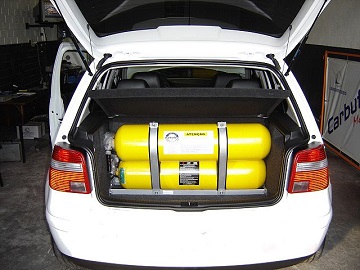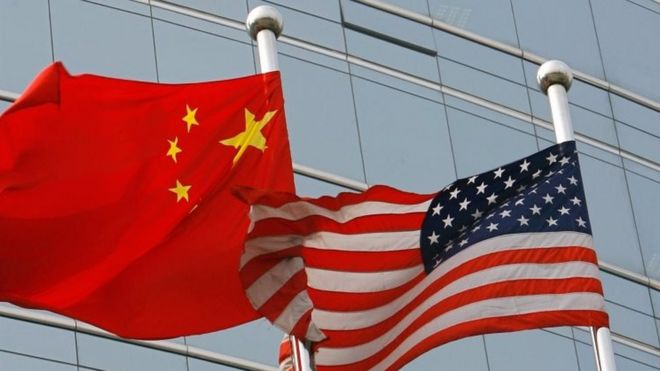The Federal Government, through the National Automotive Design and Development Council (NADDC), commits to addressing the infrastructure deficit hindering the widespread use of Compressed Natural Gas (CNG) in Nigeria.
This assurance comes from the NADDC Director-General, Mr. Joseph Osanipin, during the council’s end-of-year media briefing in Abuja. He acknowledges that the current infrastructure is insufficient to meet the demand for CNG but emphasizes that significant efforts are underway to resolve this issue.
Osanipin reveals that on September 30, the government allocates N122 billion to support stakeholders and investors in developing CNG infrastructure across the country. He highlights companies like NIPCO, which already have a strong foothold in the gas sector, while other operators are also building new CNG facilities.
“The existing infrastructure cannot fully support the demand for CNG. However, the Federal Government is making substantial investments to close this gap. Once ongoing projects are completed, their impact will be clear,” Osanipin states.
He likens the process of building infrastructure to laying the foundation of a house, explaining that while initial efforts may not be visible, they are crucial for achieving long-term results.
Osanipin emphasizes the cost-saving benefits of CNG for businesses and consumers. He notes that a trip costing N550,000 with diesel costs only N90,000 with CNG, resulting in savings of N460,000 per trip. These savings, he explains, can lead to reduced product prices, benefiting the economy as a whole.
“Partnerships are forming, and infrastructure projects are progressing to ensure gas availability. As the infrastructure expands, challenges with gas supply will significantly reduce,” he adds.
- The Federal Government actively promotes CNG adoption through the Presidential Initiative for CNG (Pi-CNG).
- Import tariffs on CNG equipment and Liquefied Petroleum Gas (LPG) are removed to facilitate the transition.
- The Pi-CNG invests over $200 million in CNG infrastructure and has successfully converted over 100,000 petrol vehicles to CNG.
Addressing the infrastructure gap remains a priority to ensure the nationwide adoption of CNG, enabling its economic and environmental benefits to reach all Nigerians.













